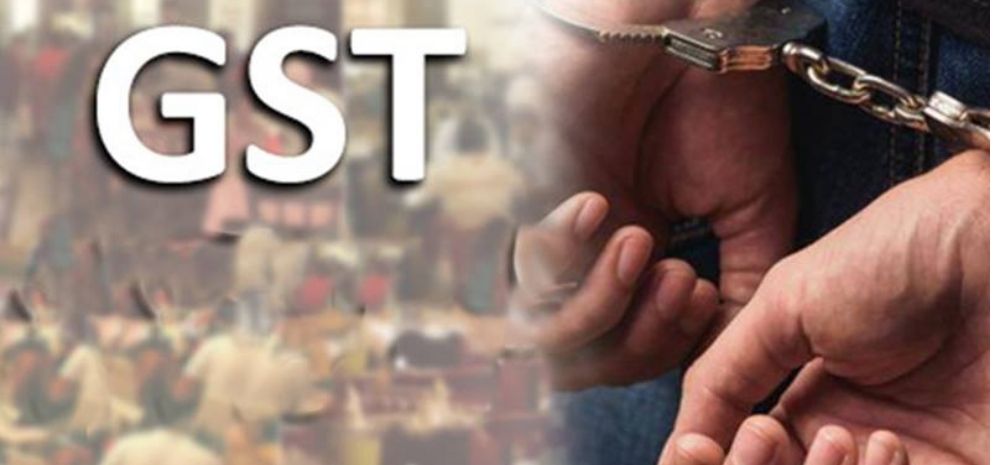The Goods and Services Tax (GST) Council, in its 53rd meeting on Saturday, announced the rollout of Aadhaar-based biometric authentication across India. This initiative aims to curb the issue of fake invoicing, which is often used to fraudulently claim input tax credit (ITC). Finance Minister Nirmala Sitharaman detailed the plan at a press conference, outlining its implementation and the expected benefits.

Nationwide Rollout of Biometric Authentication
Two successful pilot projects have paved the way for the nationwide rollout of Aadhaar-based biometric authentication. This technology will now be implemented in a phased manner across India to facilitate GST registration and prevent fraudulent activities.
“To facilitate GST registration, Aadhaar biometric authentication will become mandatory for new registrations across the country,” Finance Minister Sitharaman stated. The aim is to combat fraudulent input tax credit claims made through fake invoices, a significant issue that has plagued the GST system.
Establishment of a Group of Ministers (GoM)
Alongside the biometric initiative, a Group of Ministers (GoM) has been established to rationalize GST rates. Bihar Deputy Chief Minister Samrat Choudhary will chair this GoM, which is expected to submit a status report in the next meeting.
The GoM’s creation indicates a continued effort to streamline GST processes and ensure a fair tax system. This group will assess and recommend necessary adjustments to GST rates, aiming for a more equitable and efficient tax structure.
Future GST Council Meetings
While the 53rd meeting addressed several critical issues, not all pending GST matters were included in the agenda. Finance Minister Sitharaman mentioned that the Council would reconvene after the Budget Session of Parliament to address these remaining issues. The next meeting is tentatively scheduled for mid-August, indicating ongoing efforts to refine and enhance the GST framework.
Conclusion
The introduction of Aadhaar-based biometric authentication marks a significant step in the fight against GST fraud. By making this authentication mandatory for new registrations, the GST Council aims to significantly reduce the occurrence of fake invoicing and fraudulent ITC claims. The establishment of the GoM for GST rate rationalization further underscores the Council’s commitment to improving the GST system. As these measures are implemented, stakeholders will be watching closely to assess their impact on the efficiency and integrity of India’s tax system.












